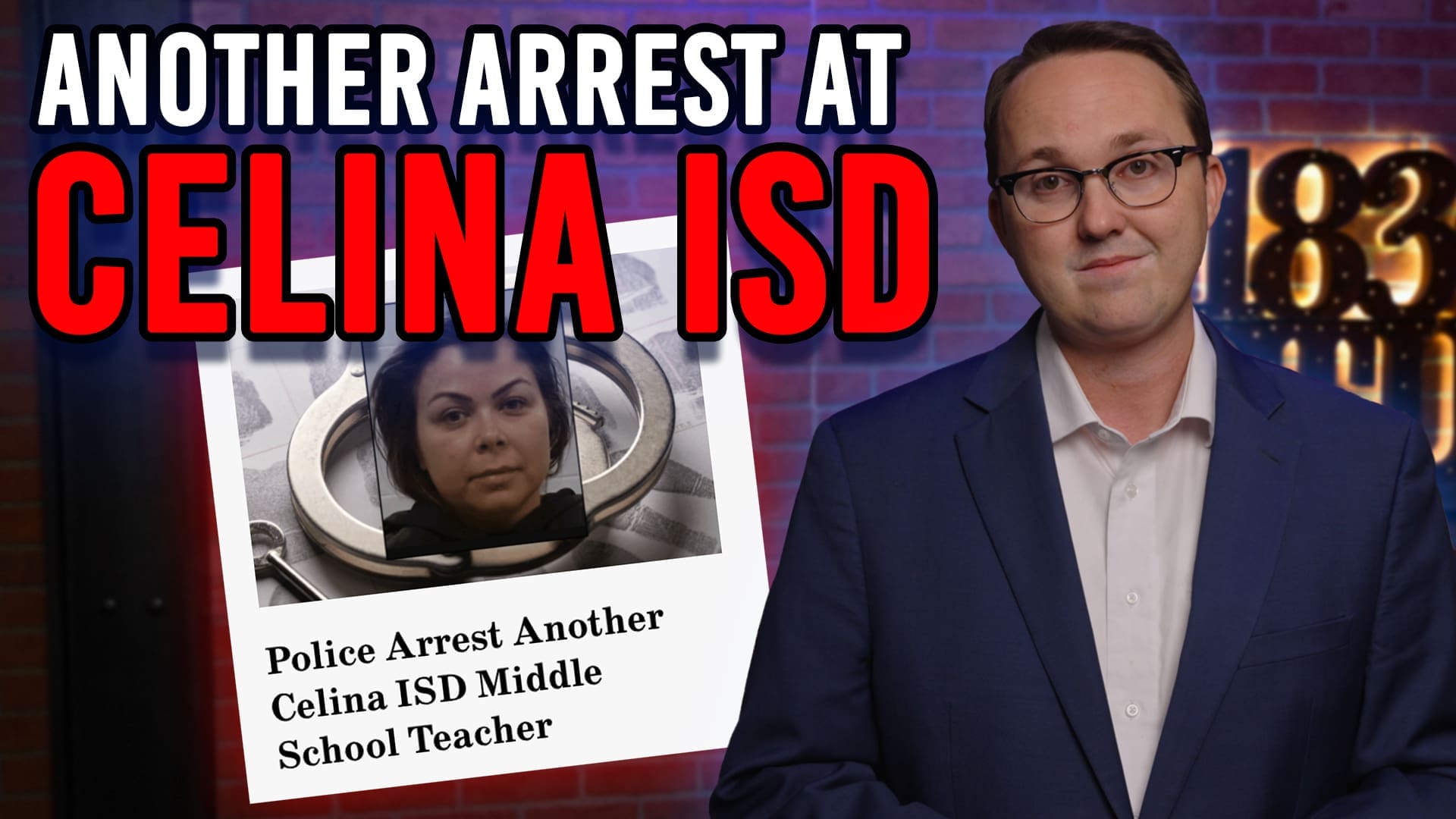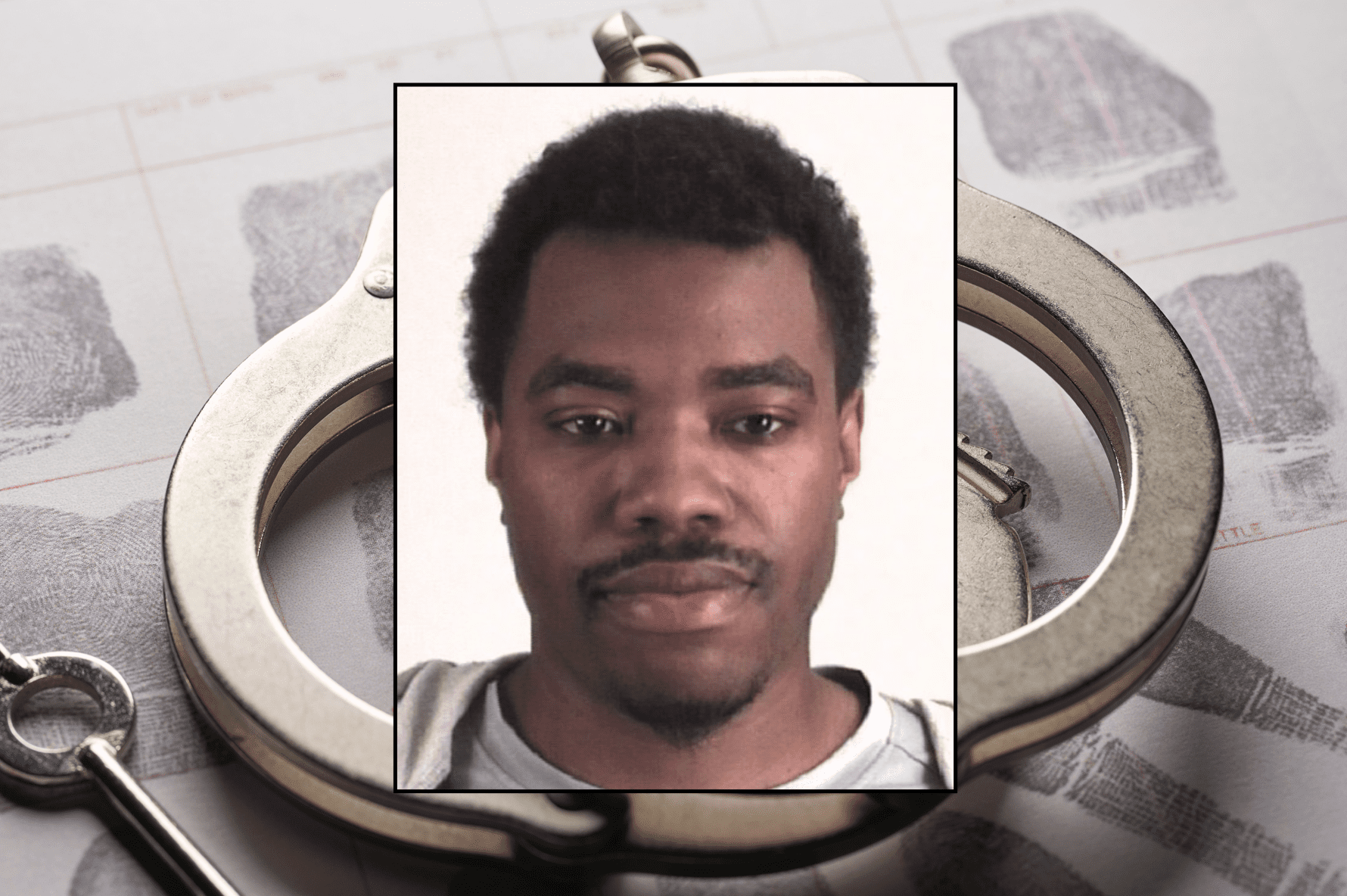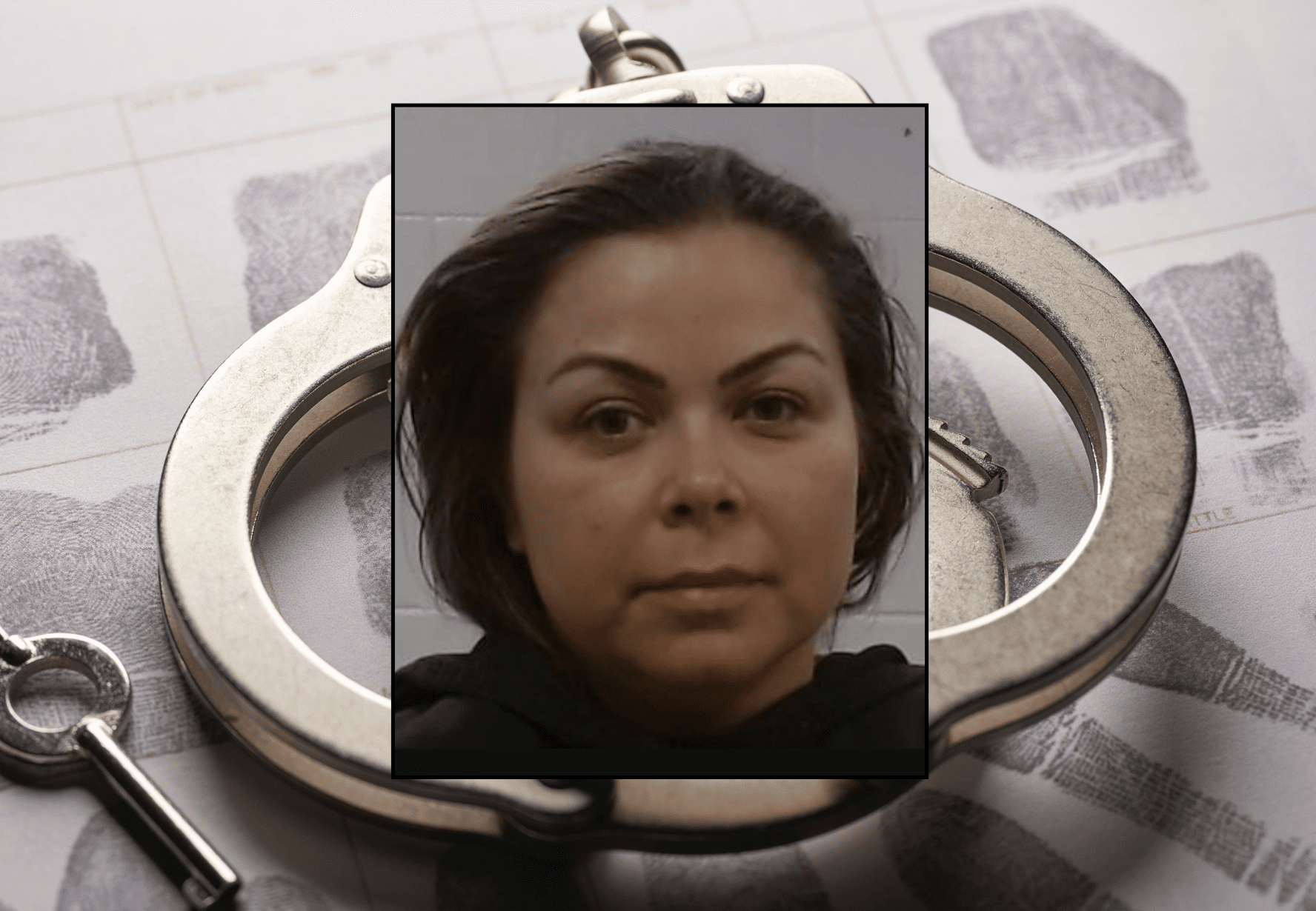Predictably, the Austin establishment is calling for higher taxes, rainy-day raids and further expansion of “regionally managed” toll lanes as a means to finance roadway expansion. But before Texans allow more money to be indiscriminately thrown at transportation, the legislature should first reform the use of existing tax revenue.
The most obvious reform is to reduce motor fuel sales tax diversions, which currently sends 52% of tax revenue away from road projects and debt service. Even the federally mandated, state subsidized, liberal leaning planning bodies like North Texas’ Regional Transportation Council (RTC) oppose these diversions.
Doing so would likely require several other structural reforms to state budgeting; such as eliminating non-essential programs and agencies, dedicating future revenue streams to transportation, reforming the budgeting process to prioritize core conservative principles, and enacting stricter spending growth limits—all of which will enrage the lobbying class.
To avoid fund swaps that evade previously enacted limits, the legislature must extend Proposition 1’s restrictions to all state funds for use only on road maintenance, non-tolled expansion or the retirement of debt. Less obvious changes would reform TXDoT’s process, or scoring for project priority, which has allowed funds to pass through the agency to non-road waste.
Projects receiving state funds must also be limited to those that actually ease roadway congestion—they shouldn’t be used to subsidize beautification projects for local politicians. As a result, wasteful projects such as monorails, streetcars, TexRail and “Destination Colleyville” would be prohibited, and would force local politicians to be more accountable for non-essential projects with local constituents.
The legislature should also extend limits to unrestricted federal funds. Although only 78% of the federal gas taxes paid by Texans are returned to our state, a large portion flows through TXDoT and regional planning bodies without federal strings attached. A breakdown of state and federal funds, including those the legislature should earmark for roads, can be found in reports from TXDoT.
The legislature should reform the types of Comprehensive Development Agreements (CDAs) that allow for toll-road abuse. The state currently guarantees profits to the private companies that operate “public” toll roads. In other words, taxpayers backstop facilities that lose money. Bondholders and private operators who finance facilities through CDAs should burden the risk of failure, not hard working Texans. Toll roads should only be built with private investor debt, and repaid with traditional tolls or “user fees”, not subsidized with state highway funds.
The legislature also allows for “excess tolling”—it should be repealed. Currently, excess tolling is official policy of North Texas’ Regional Transportation Council, which currently plans to divert nearly $500 million in toll fees from Hwy 121 to rail, bike trails, and other local government slush funds.
Transportation policy is a tortuous web mired by federal, state, regional, and local governmental intricacy. In the interest of taxpayers, it’s critical the legislature exercise whatever authority it has in prioritizing the solutions Texans expect and deserve.
Simply put, state and unrestricted federal highway funds should only be used on road projects that ease traffic congestion—not toll road cronyism, passenger trains, parks, beautification, bike paths, local pork, and other waste.




